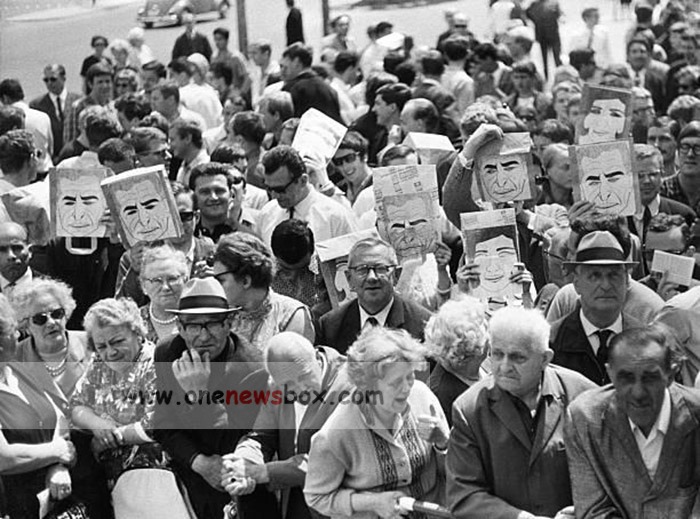According to Mohammad Reza Shah, even the 1949 assassination attempt on his life had been orchestrated through an unlikely alliance between the Tudeh Party, reactionary clerics, and the British. This theory involved a bizarre detail—that the daughter of a British embassy gardener was romantically involved with the would-be assassin’s daughter. The Shah would not let go of the belief that Britain “wanted to be the pea in every dish,” inserting itself into every affair in Iran.
One of the central villains in the Shah’s narrative was Mohammad Mossadegh, the nationalist prime minister who nationalized Iran’s oil in the early 1950s and became a symbol of anti-imperialism. Despite Mossadegh’s populist appeal and anti-British rhetoric, the Shah claimed he was in fact a British agent, used to bring instability and discredit the monarchy. This view ignored the massive domestic support Mossadegh commanded, as well as the 1953 CIA-backed coup—Operation Ajax—that restored the Shah’s authority. But the Shah’s reasoning was not always grounded in objective fact; instead, it reflected a growing psychological need to view all opposition through the lens of betrayal and subversion.
As the 1970s wore on, the Shah’s fears only deepened. He came to believe that both the CIA and MI6 had engineered the 1979 revolution. “Who paid for the demonstration, whose participants had black and blonde hair?” he once asked, a cryptic reference to foreign infiltrators. He believed his fall was orchestrated by an unlikely and “strange combination” of forces—Islamic clerics, Marxist revolutionaries, foreign oil companies, Western governments, and even the international media. He blamed the BBC for broadcasting anti-regime messages and was reportedly advised by air force officers to bomb the BBC’s communications tower.

